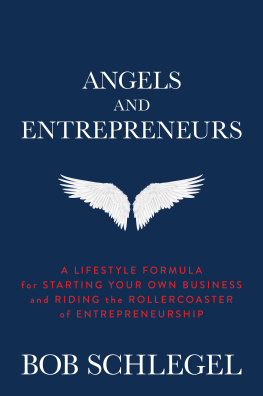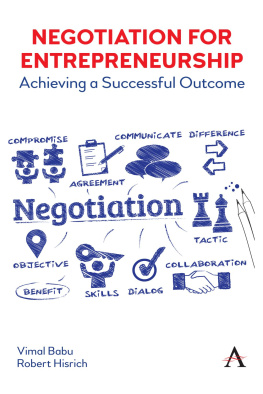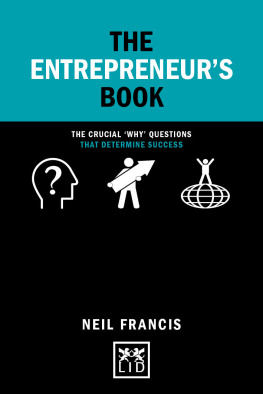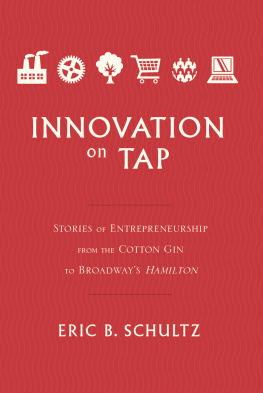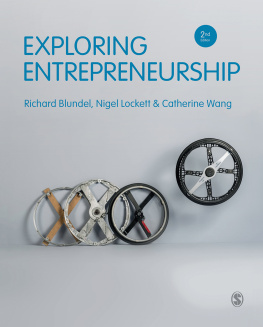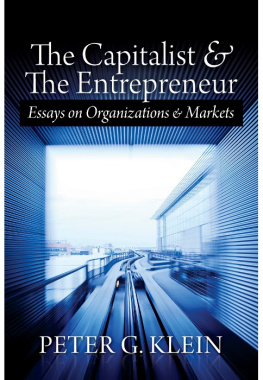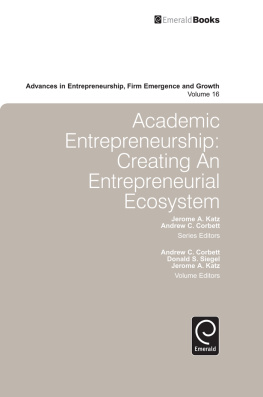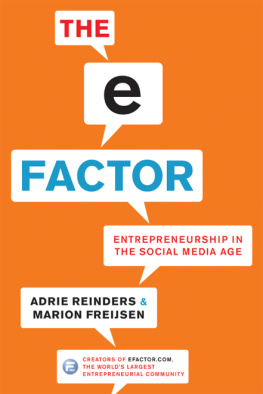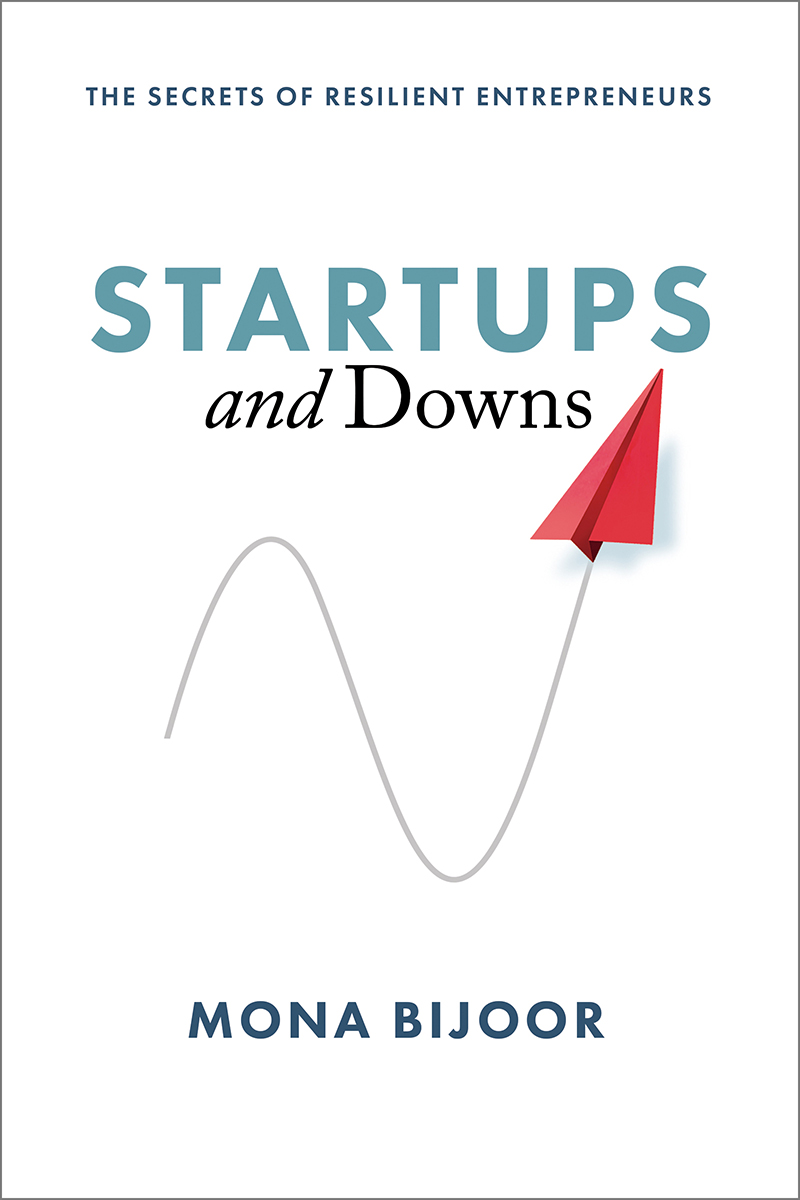

Copyright 2019 Mona Bijoor
All rights reserved. No portion of this publication may be reproduced, stored in a retrieval system, or transmitted by any meanselectronic, mechanical, photocopying, recording, or any otherexcept for brief quotations in printed reviews, without the prior written permission of the publisher.
Indigo River Publishing
3 West Garden Street, Ste. 352
Pensacola, FL 32502
www.indigoriverpublishing.com
Editors: Dianna Gravemann, Joey Bartolomeo, and Regina Cornell
Cover & Book Design: mycustombookcover.com
Ordering Information:
Quantity sales: Special discounts are available on quantity purchases by corporations, associations, and others. For details, contact the publisher at the address above.
Orders by US trade bookstores and wholesalers: Please contact the publisher at the address above.
Printed in the United States of America
Library of Congress Control Number: 2019946198
ISBN: Paperback: 978-1-950906-08-6 (paperback), 978-1-950906-09-3 (ebook)
First Edition
With Indigo River Publishing, you can always expect great books, strong voices, and meaningful messages. Most importantly, youll always find... words worth reading.
For Jaya and Yana, the next generation of entrepreneurs
Contents
Introduction
Ten years ago, I was a first-time founder, using my own capital to fund my own idea: to start a software business in the fashion industry. I felt pressure to grow rapidly (otherwise I thought Id be wasting time and money), so I didnt take time to surround myself with a sound group of mentors who could help navigate the ups and downs of building a business. I also didnt have the luxury of a professional coach, a therapist, or anyone besides my family to help me deal with the stress. I thought that with enough passion and persistence I could be successful on my own and figure out the unknowns along the way.
Im proud to say that my company, JOOR, took off. With seven offices globally, serving thousands of brands and retailers and processing billions of dollars of orders, our software changed the way the entire fashion industry works and spawned a lot of competition. It wasnt easy to get to that place. I weathered the hardship of raising over $20 million in capital, hiring a team and then losing some of them, creating a product and then fending off competition, and building a brand and then ultimately leaving the company to start a new business in a new industry. The whole process was hard and painful, and there were many days when it was difficult to find the strength to keep going. Being a founder was probably the most challenging thing Ive done in my lifewith the exception of giving birth to my children, which, by the way, was harder!
The thing is, building a company didnt need to be that difficult. Many of the issues that I found challenging (for example, hiring and firing) were actually just in my head.
Ive spent the past couple of years advising hundreds of first-time founders, and my conversations with them were the inspiration for this book. I came to realize that there is a set of issues that all business owners face at one time or another. But these common challengespitching investors, losing key employees, dealing with the competitionarent something people automatically know how to deal with from the get-go. Most founders have had the same thoughts I had when I first began: we all believe we can use our wits and work ethic to overcome any issue we encounter.
I kept wondering: If these issues are so common, why dont people get the answers they need the most? Is it because first-time founders are too busy to seek them? Do their egos compel them to come up with solutions by themselves? Then it dawned on me: The root of the problem is that many entrepreneurs simply dont frame their problems in a way that makes them manageable. Problems either get ignored or blown out of proportion, or they completely derail the founder.
In this book, I will share with you what I think all business owners (big, small, start-up, or established) need to know about overcoming the challenges every entrepreneur experiences during his or her journey. But I also want you to learn how having the right mind-setone that is purpose-driven and based on seven simple principlesis the real key to navigating obstacles and bouncing back quickly from whatever life throws at you. Hands down, these principles are the one thing that people who persevere and succeed have in common. Thats why, in addition to my own story, this book is full of interviews with noteworthy founders who often shifted their ways of thinking in order to grow their businesses quickly and profitably. My hope is that our stories will inspire you to find your true purpose and achieve success too.
One
The Mind-set of an Entrepreneur
Both my parents were entrepreneurs. My mom ran a commercial printing business, and my dad owned an executive search firm. And both believed they were in the business of serving customers and making them happy. Sitting around the dinner table, my parents would talk about what happened at work that day. My mom would share stories about a happy couple thrilled with their engraved wedding invitations or talk about a dissatisfied customer who wasnt happy with a typo on his sales flyers. My dad would talk about how he convinced someone to move to Detroit to take a great new job or how he failed to find the right candidate for a client but still kept trying. Stories about pleasing customers (and going above and beyond what was expected) would often be our daily dinner conversation.
It gave me a sense of pride that my parentsboth in very different businesseswere always on the customers side. When unhappy customers would appear, they would always redo the work and reimburse, waive, or forgo payment just to make their customers happy. It felt like something more holy than pleasing clients or displaying generosity; to me, it felt like true service. Even when they were fully in the right and the client was wrong, they would still take the customers side.
And it was this service that drove them. Rather than feeling exhausted by their customers, they always seemed teeming with energy. At one point, my dad worked full-time while getting his MBA at night and still did the accounting for my moms business. I would often ask them why they worked so much. They would tell me that giving up wasnt an option for them. They believed they could make their businesses successful no matter the obstacle. I would ask them whether they were worried about failing. They would look at me and say, We are completely customer-focused. Our customers can depend on us to make them happy. If they are happy, then they will always return to us. We cant really fail, because our motivation is to always be helpful to our customers, employees, and the community around us. They had defined what success meant to them: success was running a profitable business in which customers were truly satisfied with the services they received. They taught me that anything was possible when you define success and find your why , the thing that truly motivates you. More importantly, I learned that when you put in the work, you must always trust the process and not get impatient waiting for a successful outcome.
Ironically, though, when I applied to colleges, my parents encouraged me to pursue science, math, or anything BUT business. They knew, down to their bones, that owning a business was hard and required a whole lot of sacrifice.


